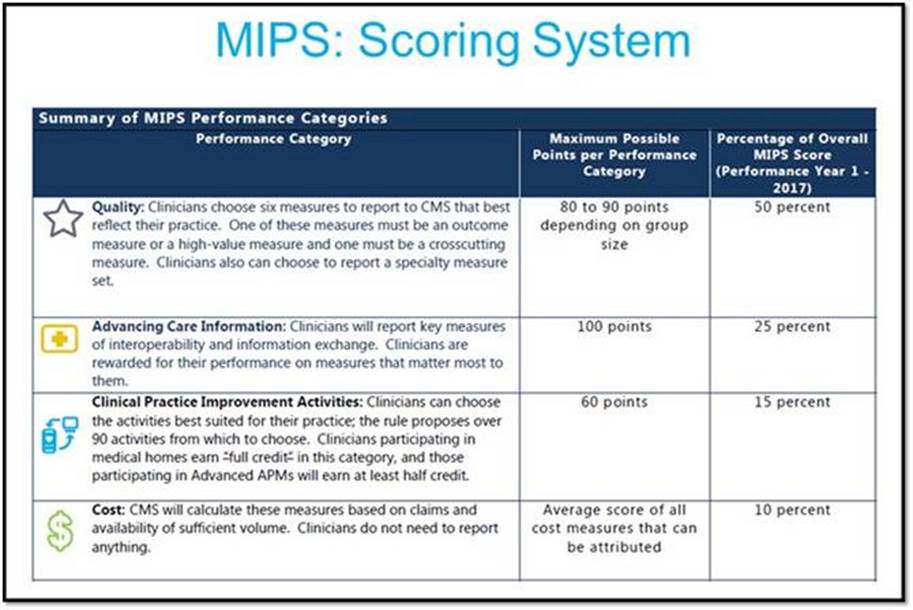|
In the CMS summary of SETMA’s, there were several areas of cost were our costs were above the benchmark. In 2017, Data will be collected which will be used to determine payments from Medicare in 2019. There are three possibilities: (1) a 9% penalty of total fee-for-service receipts (2) no change up or down (3) up to a 27% bonus.
In the CMS Calculated Quality Outcomes Measure Performance there is a category of Hospitalization Rate per 1,000 Beneficiaries for Ambulacra Care Sensitive Conditions. Essentially, this means areas in which CMS judges that effective ambulatory care would lead to lower admissions. In the Acute Categories Measure, SETMA was higher than the benchmark for:
- Bacterial Pneumonia
- Urinary Tract Infection
- Dehydration
This means that we had more admissions to the hospital per thousand patients treated by SETMA than the benchmark practices had.
These three conditions --- bacterial pneumonia, urinary tract infections, dehydration – are uniquely related to Nursing Home residents. There are several things we can do in order to decrease our hospitalization of patients with these conditions:
- No one, except in a true emergency, should tell a patient or a family to “go to the emergency room.”
- We must be accurate in our diagnoses of the condition which is the cause of admission to the hospital. Just because a person who is admitted to the hospital indigently has a UTI, if the reason for admission is Congestive Heart Failure that should be documented.
- We must challenge the diagnoses assigned by the ER as they often use these common diagnoses in the absence of a real reason for admission.
- Look for alternative treatments instead of sending the patient to the hospital:
- Most pneumonias can be treated at the Nursing Home avoiding admission
- Most UTIs can be treated at the nursing home
- Dehydration may be a co morbidity but is most often not the reason or admission. If the reason for admission is Renal Failure, document that rather than diagnosing dehydration in the face of an elevated BUN.
If we can reduce these admissions by 20% our costs in this area will go down to normal and the potential for us earning a bonus under MIPS will increase. Thank you for paying attention and for helping in this critical area

James (Larry) Holly, M.D.
C.E.O. SETMA
www.jameslhollymd.com
Adjunct Professor
Family & Community Medicine
University of Texas Health Science Center
San Antonio School of Medicine
Clinical Associate Professor
Department of Internal Medicine
School of Medicine
Texas A&M Health Science Center
|